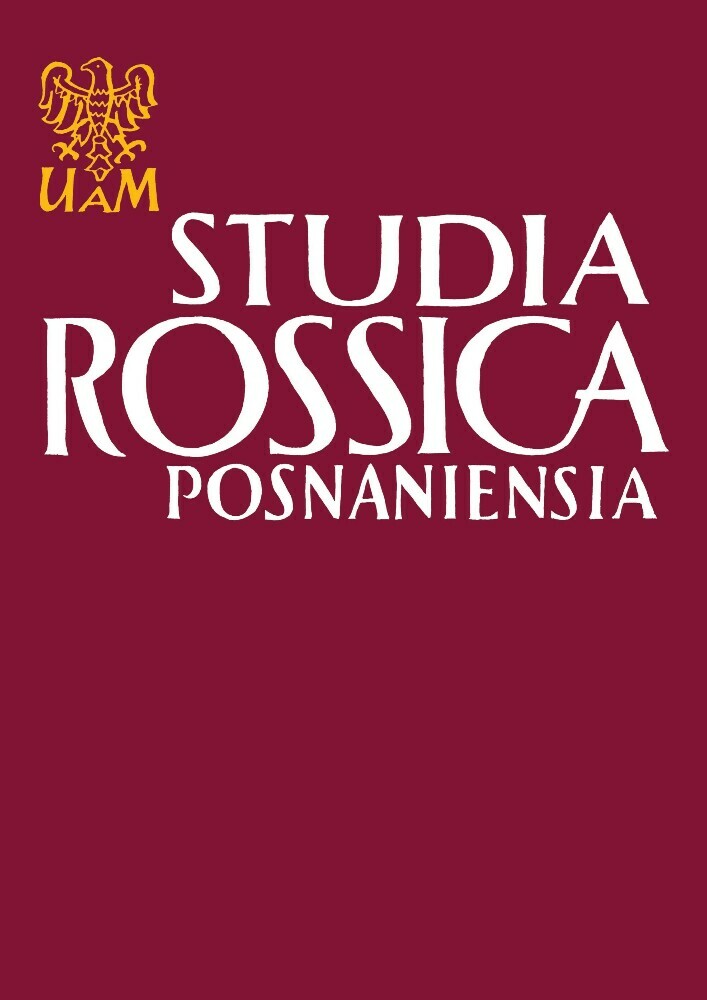Abstract
This article shows that the Russian language as well as information aboutthe peculiarities of Russian culture can be acquired by using the descriptions of this language and culture in terms of systemic linguistics (see Prof. G.P. Melnikov’s papers, 1928–2000). Systemic linguistics explains the peculiarities of any language by demonstrating the needs that result from the nature of the group of people speaking a particular language. The group of Russian speakers is very large and very homogeneous. Under these conditions, Russian has developed a subtle technique for describing any situations
as developing events. If it is necessary to describe a static situation Russian uses either unusual analytic constructions or syntactic metaphors which describe static situations as dynamic ones.
License
Copyright
© 2014 Uniwersytet im. Adama Mickiewicza w Poznaniu
OPEN ACCESS
